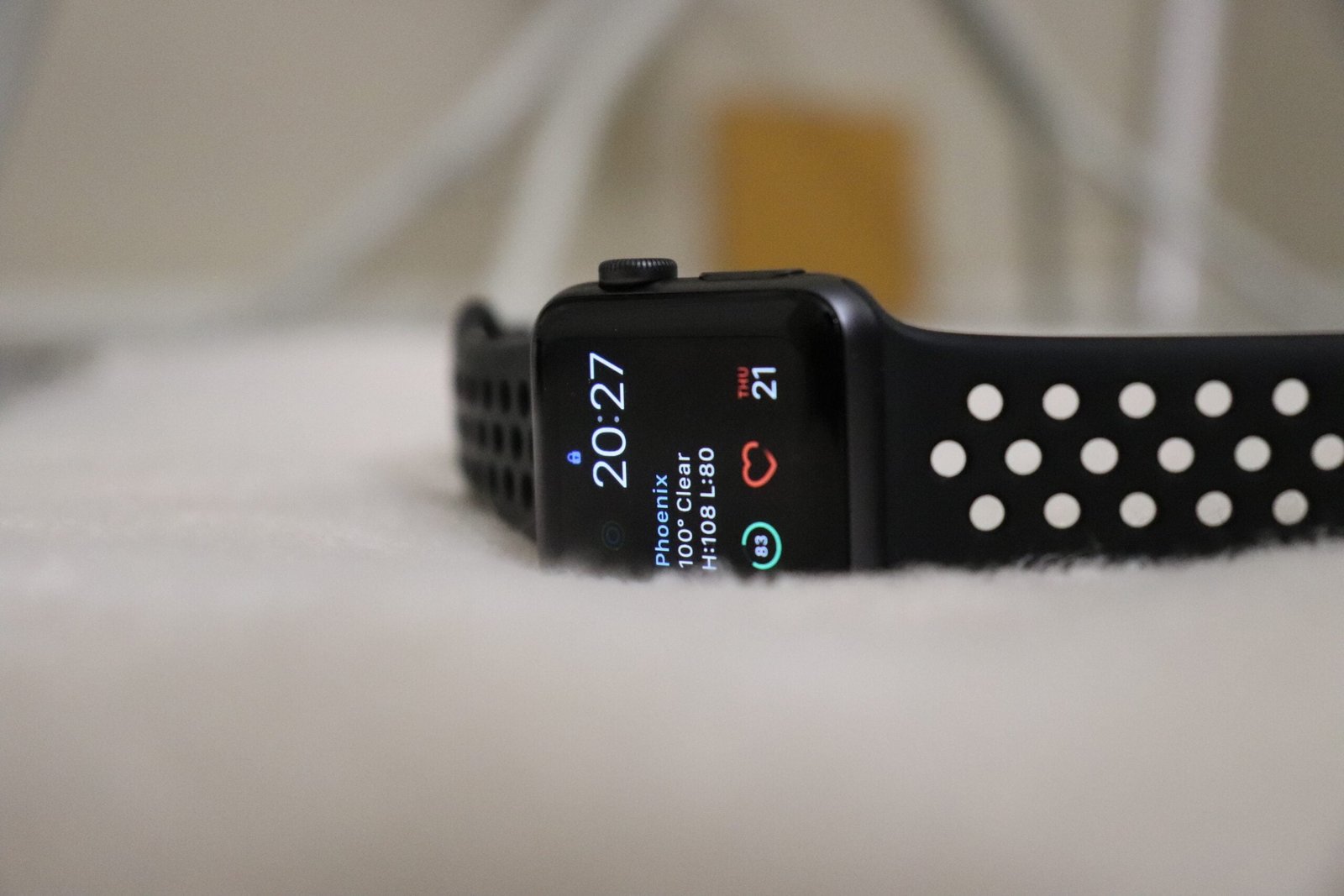The Challenge of Rapid Heartbeat
Rapid heartbeat, medically known as tachycardia, is a common condition that affects millions of people worldwide. It is characterized by a heart rate of more than 100 beats per minute, which can lead to various symptoms such as shortness of breath, dizziness, chest pain, and fainting.

A New Approach: Self-Administration of Investigational Intranasal Spray
In recent years, researchers have been exploring alternative methods to manage rapid heartbeat, and one promising option is the self-administration of an investigational intranasal spray. This innovative approach offers a convenient and potentially effective way to treat tachycardia.

How Does the Intranasal Spray Work?
The investigational intranasal spray contains a carefully formulated medication that is delivered directly to the nasal cavity. Once administered, the medication rapidly enters the bloodstream, allowing for a quick onset of action.
The Benefits of Self-Administration
Self-administration of the intranasal spray offers several advantages over traditional methods of tachycardia treatment. Firstly, it provides individuals with the ability to manage their rapid heartbeat episodes in the comfort of their own homes, without the need for frequent visits to healthcare facilities.
Furthermore, the self-administration process is simple and user-friendly, making it accessible to a wide range of individuals. This can be especially beneficial for those who experience sudden episodes of rapid heartbeat and require immediate relief.
Promising Results from Clinical Trials
Clinical trials evaluating the effectiveness of the investigational intranasal spray have shown promising results. Participants who used the spray reported a significant reduction in the frequency and intensity of their rapid heartbeat episodes.
Considerations and Precautions
While the self-administration of the investigational intranasal spray shows great potential, it is important to note that it is still undergoing clinical trials and has not yet received approval from regulatory authorities. Individuals interested in this treatment option should consult with their healthcare providers to determine if they are eligible to participate in ongoing trials or if they should wait for its official approval.
Conclusion
The self-administration of an investigational intranasal spray offers a promising new option for individuals with rapid heartbeat. With its convenience, user-friendly nature, and potential effectiveness, it could revolutionize the way tachycardia is managed. However, further research and regulatory approval are necessary to ensure its safety and efficacy. If you or someone you know is affected by rapid heartbeat, consider discussing this innovative treatment approach with your healthcare provider.






